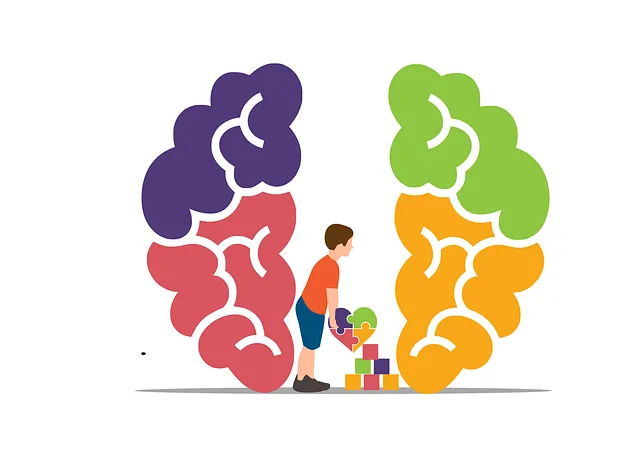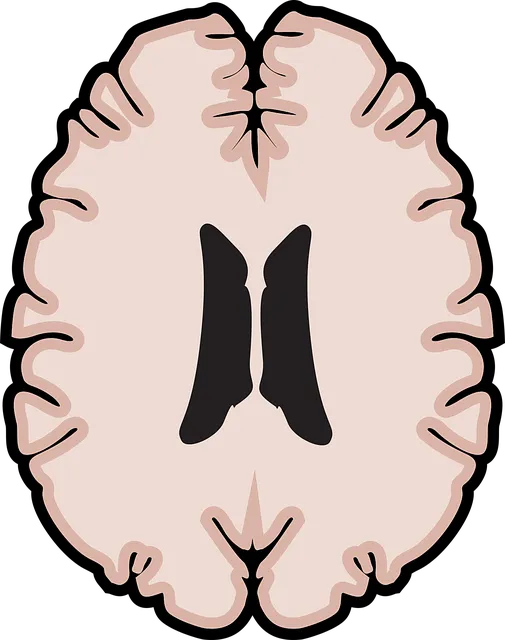Risk assessment and management are key components of mental healthcare in Northglenn and through Kaiser's services. By identifying vulnerabilities and implementing tailored interventions, these organizations ensure patient safety and well-being. The Risk Assessment for Mental Health Professionals guidelines emphasize individualizing risk management based on diverse factors including cultural sensitivity. Community outreach programs connect at-risk individuals with resources, while Northglenn promotes emotional well-being and offers a range of services, and Kaiser provides specialized Trauma Support Services. Together, they create a collaborative network that enhances mental health resilience, offering prompt guidance through primary care or specialized services.
Mental health professionals are constantly navigating complex situations, requiring meticulous risk assessment to ensure patient safety. This article delves into the crucial practice of risk evaluation in mental health settings, highlighting the importance for practitioners to identify and mitigate potential hazards. We explore strategies inspired by leading organizations like Northglenn and Kaiser, offering valuable insights on accessing mental health support and implementing effective risk management techniques for professionals to thrive.
- Understanding Risk Assessment in Mental Health Practice
- The Role of Northglenn and Kaiser in Accessing Mental Health Support
- Strategies for Effective Risk Management for Professionals
Understanding Risk Assessment in Mental Health Practice

In the realm of mental healthcare, risk assessment is a cornerstone of effective practice. It involves systematically evaluating and managing potential risks to ensure patient safety and well-being, especially for those seeking mental health help in Northglenn or through Kaiser’s services. This process encompasses identifying vulnerabilities, anticipating potential hazards, and implementing strategies to mitigate these risks. For mental health professionals, understanding risk assessment is crucial as it enables them to tailor interventions, foster a supportive environment, and promote positive outcomes.
The Risk Assessment for Mental Health Professionals guidelines emphasize the importance of individualizing risk management based on diverse factors. This includes cultural sensitivity in mental healthcare practice, where recognizing and respecting patients’ backgrounds and beliefs can significantly impact their engagement and treatment adherence. Furthermore, community outreach program implementation plays a vital role in identifying at-risk individuals and connecting them with appropriate resources. By integrating these considerations, mental health professionals can provide comprehensive care that addresses not just symptoms but also the broader contextual factors influencing an individual’s mental well-being.
The Role of Northglenn and Kaiser in Accessing Mental Health Support

In navigating the complex landscape of mental health support, Northglenn and Kaiser play pivotal roles in making quality care accessible. Northglenn, with its vibrant community and partnerships with local healthcare providers, offers a range of services that cater to diverse needs. They emphasize emotional well-being promotion techniques, ensuring individuals have access to preventive measures and early interventions. For those facing more severe challenges, including trauma, Kaiser provides comprehensive support through specialized clinics and dedicated professionals who offer expert Trauma Support Services.
These organizations also excel in crisis intervention guidance, equipping mental health professionals with the tools to manage acute situations effectively. By combining their efforts, Northglenn and Kaiser create a supportive network where individuals can access not just treatment but also education and resources aimed at enhancing overall mental health and resilience. This collaborative approach ensures that people in need of help, whether it’s through primary care or specialized services, can find guidance and support promptly.
Strategies for Effective Risk Management for Professionals

Mental health professionals in Northglenn, and across the nation, face unique challenges that require robust risk management strategies. At Kaiser, for instance, where access to mental health services is a priority, professionals must be adept at assessing and mitigating risks associated with diverse client populations. The Mental Wellness Podcast Series Production offers valuable insights into these matters, emphasizing the importance of proactive measures.
Effective risk management involves cultivating inner strength development through continuous training in cultural sensitivity and awareness. This ensures that mental healthcare practices remain inclusive and safe for all. By integrating these strategies, professionals can create a supportive environment, foster positive outcomes, and enhance client satisfaction—a key focus for organizations like Kaiser dedicated to improving access to quality mental health care.
Mental health professionals, like those at Northglenn and Kaiser, play a crucial role in helping individuals navigate their mental health journeys. Effective risk assessment is essential for ensuring patient safety and delivering quality care. By understanding risk factors and implementing robust strategies, professionals can manage risks successfully. Accessing mental health support through organizations like Northglenn and Kaiser enables practitioners to stay informed, connected, and equipped to handle diverse challenges, ultimately enhancing their ability to provide effective care and foster positive outcomes for their clients.






